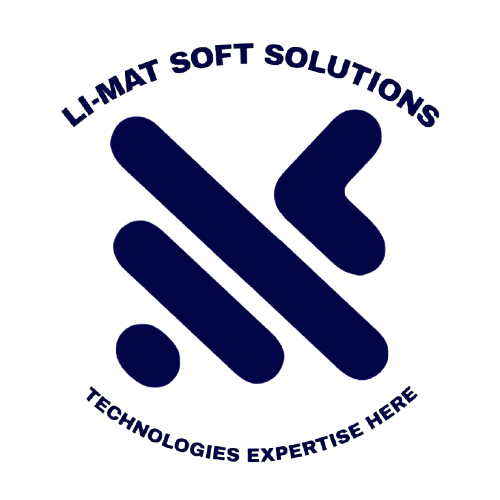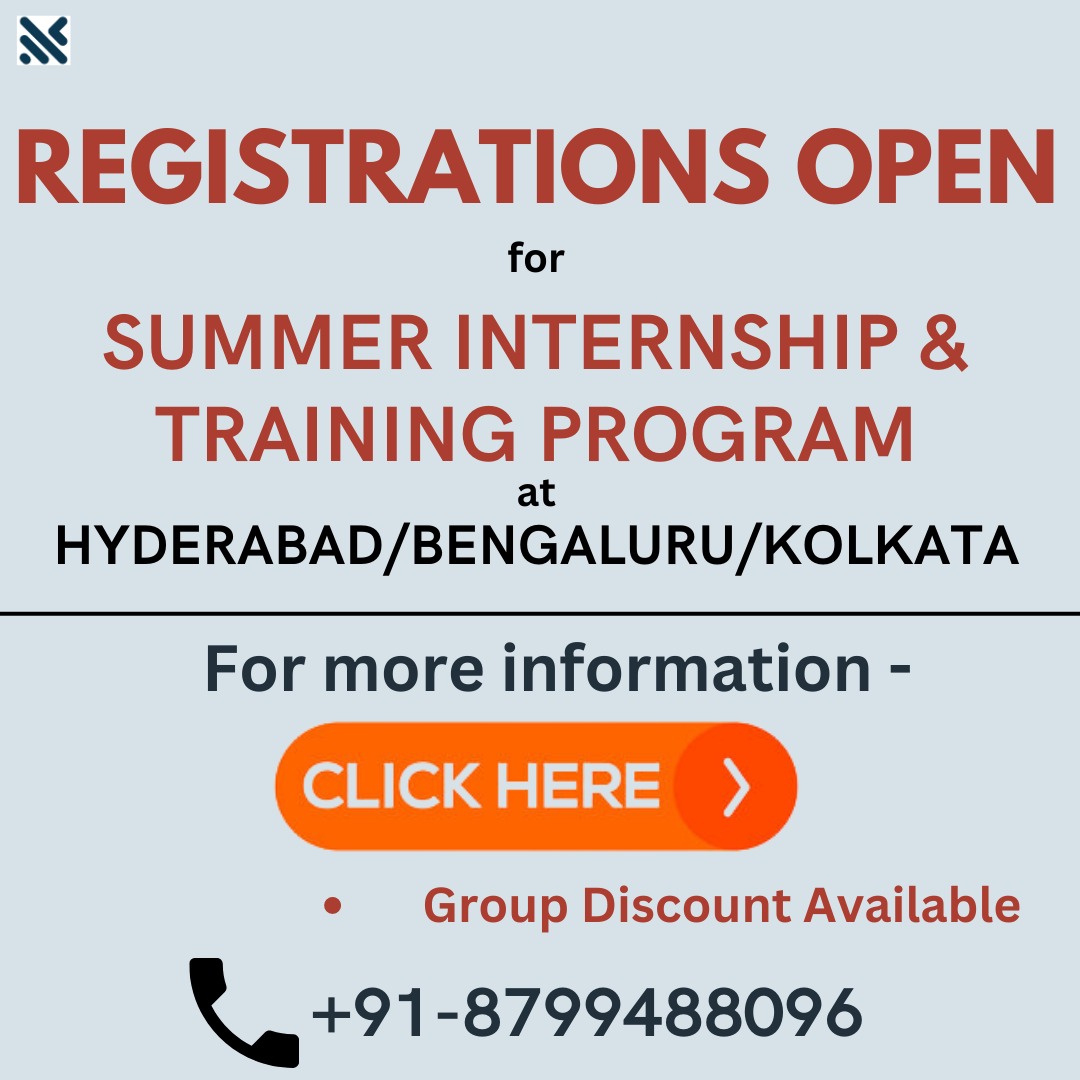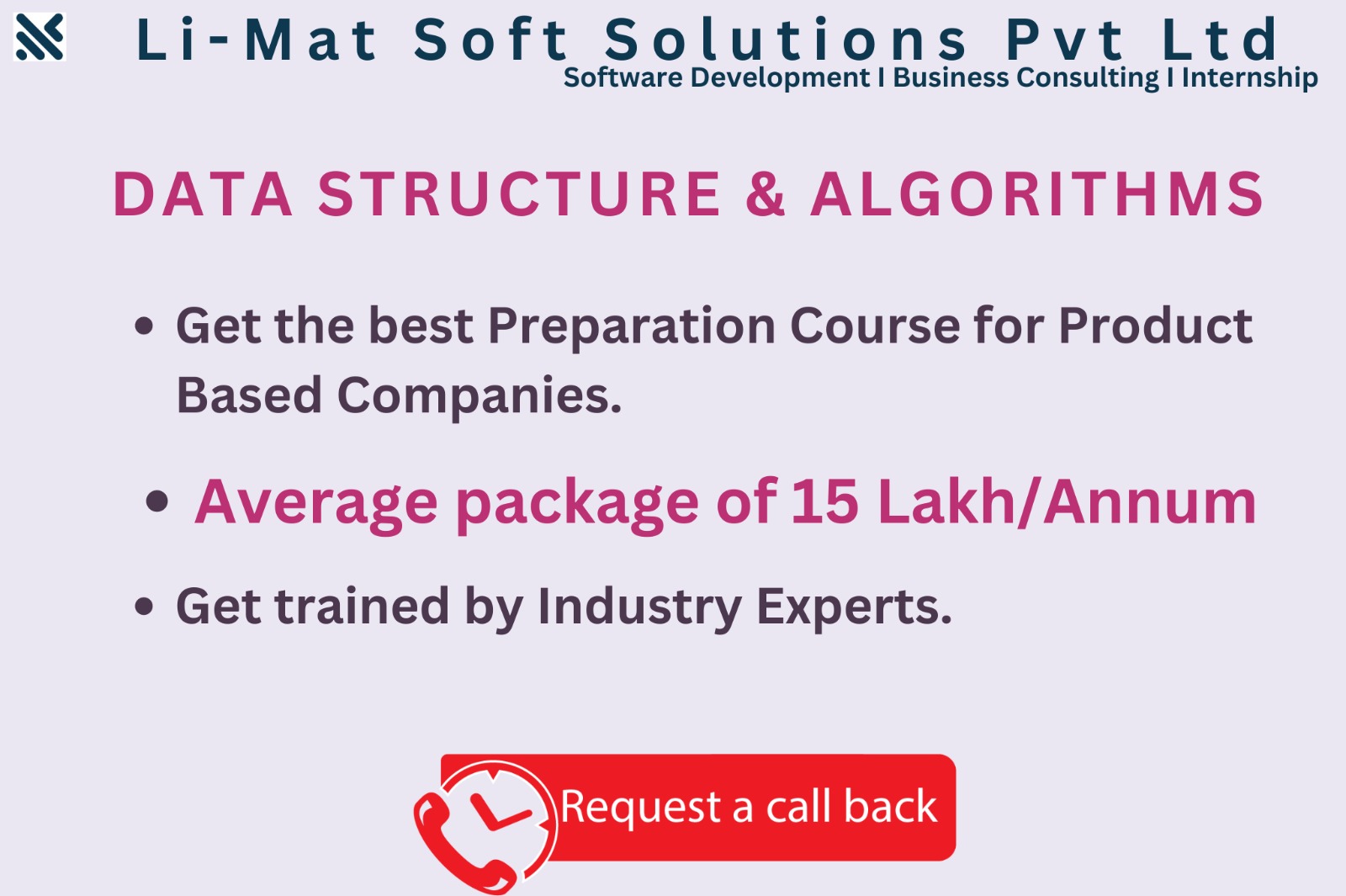Java Full Stack Development Course Certification
Become an expert in Full Stack Web Development Course and learn OOPS concepts, multithreading, collection frameworks, exception handling, HTML, CSS, JavaScript, MySQL, Spring, etc.
- Expert-led interactive sessions.
- 60+ hours of dedicated learning.
- Expert-led interactive sessions.
- 60+ hours of dedicated learning.
Overview
With the help of this Java full stack development course, you will learn the fundamentals of front-end, middleware, and back-end Java web developer technologies. You will learn how to create a whole application from start to finish, test and use code, store data using MySQL, and much more. Upon completion, you will be able to develop end-to-end scalable applications and fulfil front-end and back-end requirements. Instructors with extensive training and expertise created this course. Assignments that emphasise the technology's usefulness are included after each session. This course covers all of the essential elements of Full Stack Java Development, including the principles of programming, Core Java, JDBC, Spring Core, Boot, REST, JavaScript, SQL-MySQL, and much more.
Java is often used in the development of web applications and websites. If your Digital Marketing strategy involves creating custom web tools, applications, or platforms, Java can be a suitable choice for building robust and scalable solutions.
Prerequisites:Anyone interested in the Full Stack Java Development domain may register
Key Takeaways:- Expert-Led Live Interactive Sessions.
- 60+ hours of dedicated learning.
- Regular Assignments.
- Assessment (Quiz/Test).
- WhatsApp Support Groups.
- Class Recordings.
- Internship Grade projects and certification.
- Full Stack Developer.
- Full Stack Java Developer
- Java Developer
- Java Programmer
- Front-end developer
- UI developer.
- Software Developer.
- Web Application Developer.
- Software Engineer.
- Backend Developer.
- Software Tester
After completing this training, you'll have mastered the following abilities:
- Implement Basics programming concepts.
- Implement arrays
- Use of databases.
- Connect a database to applets.
- Work with JSON.
- Connect JDBC.
- Implement web frameworks (Spring, Spring AOP, Spring Boot, ORM).
- Handle Java APIs
- Build the front-end and back-end of an application
- Implement servlets, and handle exceptions.
- Use spring to develop scalable applications.
- Define and utilize DevOps objects and Unit testing concepts.
- Implement Angular concepts
Why learn Full Stack Java Program?
- It might be difficult and confusing to learn how to become a Full Stack Java developer. It would be best to have a simple, direct path to the point to make your way through this maze. The "Full Stack Java developer" technology offered by LI-MAT Soft Solutions is a quick and straightforward method for creating dynamic and static online content. The chance to develop components that enhance online apps and advance our job prospects as IT specialists are wonderful.
- You could acquire the hands-on knowledge that some of the top organisations in the globe are seeking with LI-MAT Soft Solutions’ Full stack Java Development course.
- This course's curriculum was developed by experts in the industry, and going through practical, step-by-step assignments will help you understand the concepts of full stack Java development.
- The most sought-after job in the software IT sector is full-stack Java developer. The modern IT industry needs developers who are skilled coders and competent solution architects, developers, testers, and designers.
- Full-stack Java engineers are in high demand since hiring them offers businesses several advantages. Unlike front-end and back-end developers, they can build apps from scratch and maintain a proactive attitude throughout the development process, dramatically raising their demand. The occupation was a highly sought-after tech career in 2019, according to the United States Bureau of Labor Statistics, and by 2024, employment is projected to rise from 135,000 to over 853,000.
- Java Full Stack Developer salaries in India range from 2.4 Lakhs to 14.4 Lakhs per year, with an average salary of 5.5 Lakhs.
- Fundamental of Programming
- Core Java (Detailed)
- JDBC
- JEE(Serlets,JSP)
- Spring Core
- Spring Boot
- Spring REST
- SOA
- Git and GitHub
- HTML and CSS
- JavaScript
- MAVEN
- CI/CD Pipelines
- DevOpsO
- React JS
- Angular
- SQL-MYSQL
- NoSQL
LI-MAT Soft Solutions Java Full Stack Development Course Description
Who should attend this training in Full Stack Java?
Beginners who are interested in building a career as: -
- full stack java developer course
- Student
- Freshers
- Java Developer
- full stack web development course
- Graduates
- IT Professionals
- Software Programmer
- Database Administrators
- Web Designers
Is certification in Full Stack Web Development valuable?
Demand for full-stack developers is soaring.
Both large and small firms are seeking methods to get the most out of their workforces, but today's businesses are realising that it's more complex than piling skills on top of one another.
"Full Stack Engineer" was among the top 4 most-searched occupations in terms of emerging careers in 2020, according to LinkedIn's AI study, and has only had a per cent growth rate in the past year.
Which leading businesses are employing qualified experts in Full Stack Java?
- TCS
- Infosys
- Cognizant Technology
- IBM
- Accenture
- Cognizant Technology Solutions
- Mindtree
- Deloitte
- Accenture
What makes our Java Full Stack Development Course Appealing to You?
Java is an effective object-oriented, general-purpose programming language. Whether for the web or a mobile platform, it is frequently utilized to create cutting-edge applications. Some of the biggest software firms in the world are fond of it since it is simple to understand, implement, build, and debug. You can gain the abilities you need from this training course to become a skilled Java professional and land high-paying employment at prestigious MNCs. Being a Java developer has the added benefit of allowing you to work on the Hadoop framework or mobile development.
Why should I study the Spring Framework?
The most well-liked open-source Java application framework is called Spring. Most currently used frameworks, like Struts or Hibernate, handle one layer or a portion of the building of an application. While Struts handles the MVC model, Hibernate makes interacting with databases simple. But Spring Framework unifies all the widely used framework strategies (like Struts and Hibernate) into a single package. Aspect Oriented Programming, Dependency Injection, and support for unit testing are all provided by Spring. As a result, the developer has more time to focus on the core business logic rather than non-application code. The rapid application development made possible by Spring boosts developer output.
What qualifications are required to master the Spring Framework?
It would be best to become an expert in the Data Access Framework, Spring Core, Spring Model View Controller, and Spring Transaction Management to use Spring Framework effectively. The following are crucial subjects you should learn:
- Introduction to Spring
- Spring Configurations
- Aspect Oriented Programming and DAO
- Data Access
- Spring Web
- Integrating Struts 2, JSF with Spring, Spring Web Flow
- Spring Security
- Spring Integration
You can become an expert in full stack java developer by enrolling today and learning from industry professionals full stack java developer Course.










